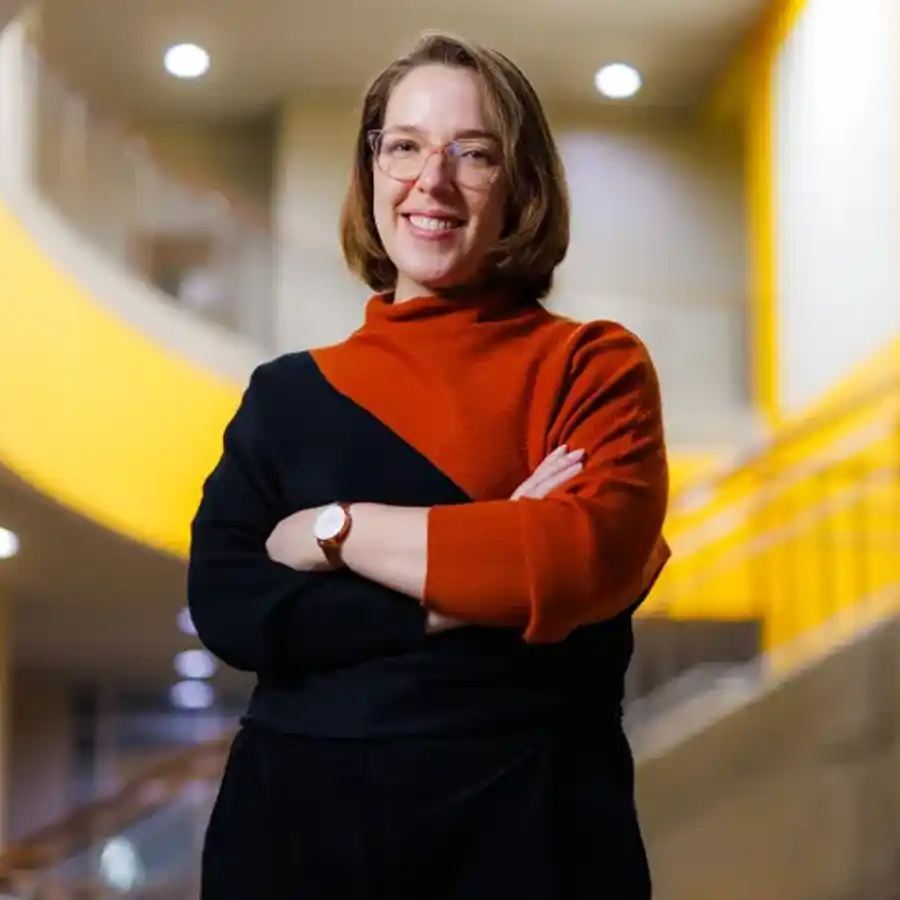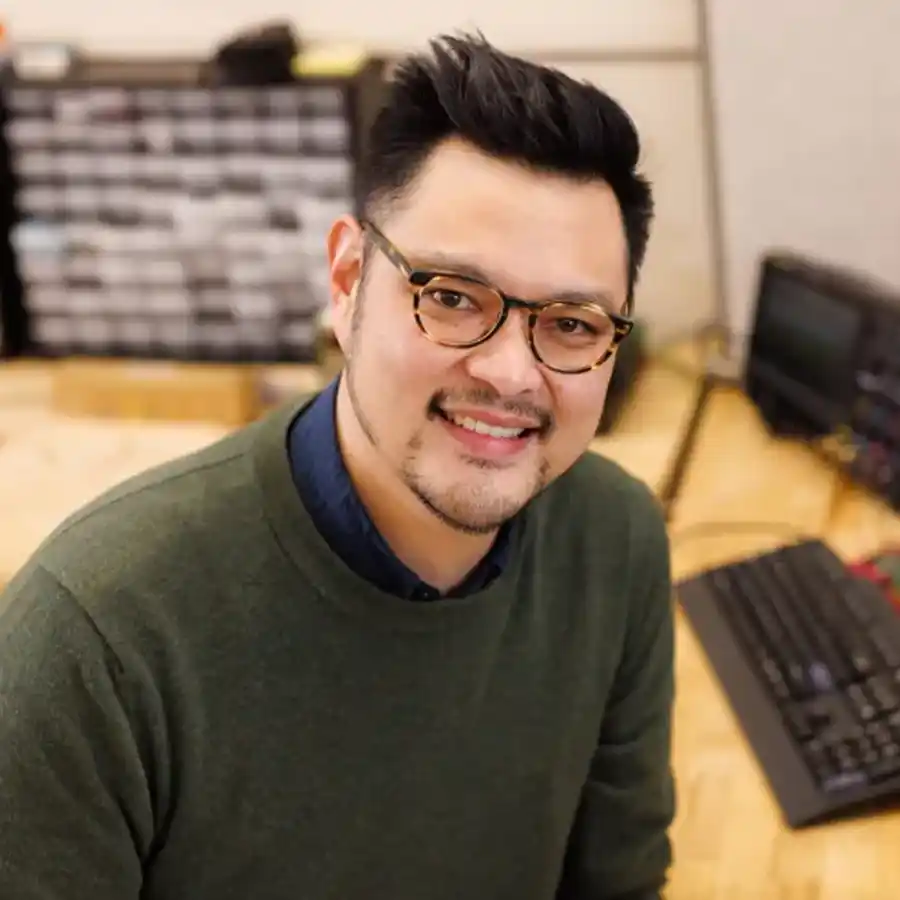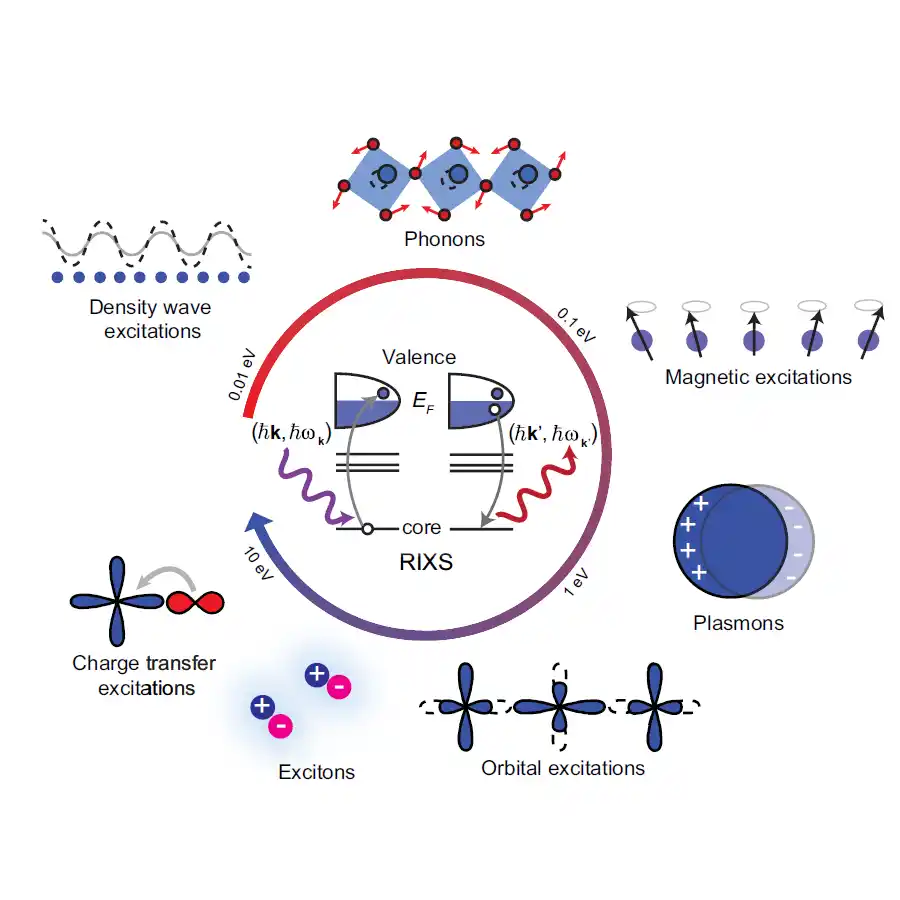Department of Physics & Astronomy
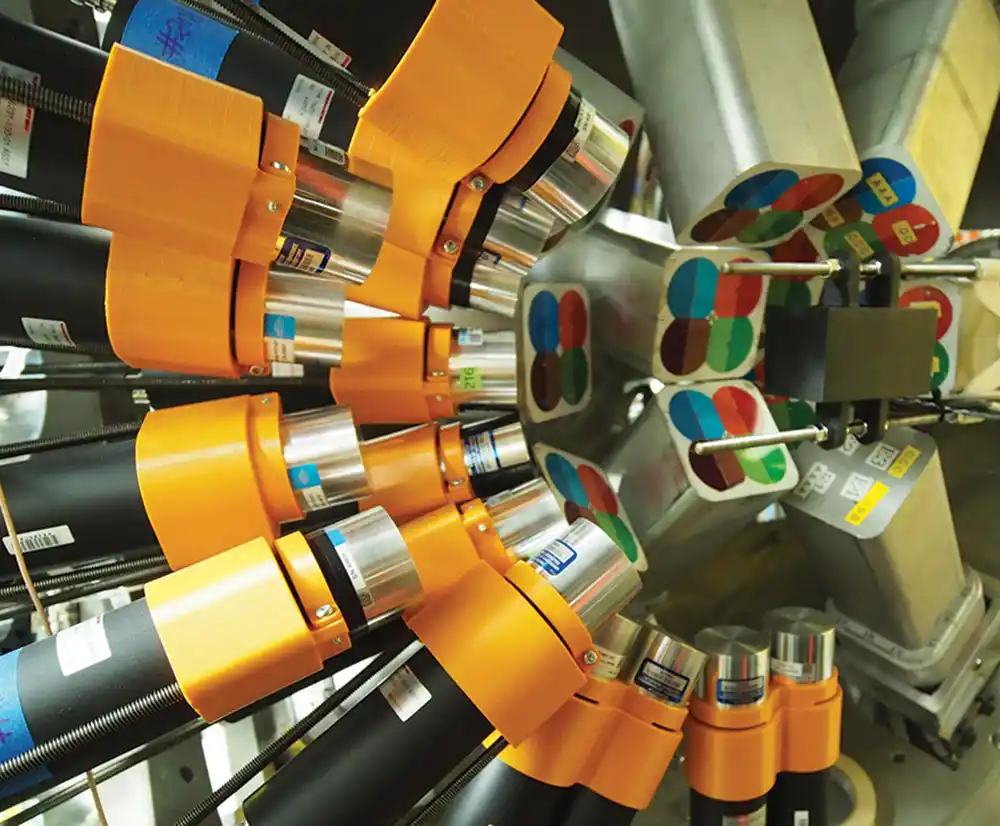
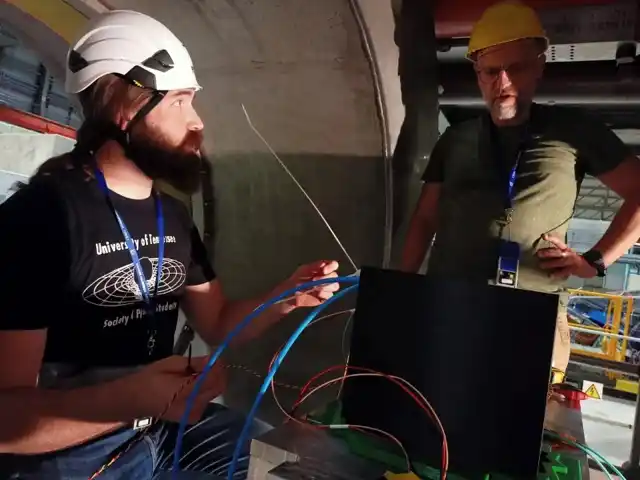
Welcome!
Physics and Astronomy at the University of Tennessee, Knoxville, is where fascination meets function. We explore the deep questions of the universe and provide the scientific foundation for discovery that yields the technologies in your pocket, and those of tomorrow.
Our department is driven by an engaged faculty pursuing fundamental research and eager to develop the next generation of scientists.
Our physicists helped put our state on the periodic table, study multi-messenger astronomy and explosive stellar events, and search for new physics at CERN. They describe the properties of nuclei and neutrons and test the limits of superconductivity with new models and novel materials. They merge physics and biology at the cellular level with lab-on-a-chip devices. They’re building an interdisciplinary approach to lead transformative research on quantum materials and devices, information science, and artificial intelligence.
Our students have a breadth of research opportunities on campus, at nearby Oak Ridge National Laboratory, and at facilities all over the world to set them on the path to promising careers.
Colloquium Schedule
Entanglement of Astrophysical Neutrinos
February 24, 2025
Speaker: A.B. Balantekin, University of Wisconsin-Madison
Host: Sherwood Richers
Abstract
Core-collapse supernovae and neutron-star mergers produce copious amount of neutrinos, which impact evolution of these astrophysical sites as well as the element synthesis they may host. Collective oscillations of these neutrinos represent emergent nonlinear flavor evolution phenomena instigated by neutrino-neutrino interactions in astrophysical environments with sufficiently high neutrino densities. In this talk, after a brief introduction, it will be shown that neutrinos exhibit interesting entanglement behavior in simplified models of those oscillations. Also attempts to study this behavior using classical and quantum computers will be described.
Cui-Zu Chang, Penn State
March 3, 2025
Speaker: Cui-Zu Chang, Penn State
Host: Ruixing Zhang
Abstract
TBA
Ronald Fernando Garcia Ruiz, MIT
March 10, 2025
Speaker: Ronald Fernando Garcia Ruiz, MIT
Host: Robert Grzywacz
Abstract
TBA
